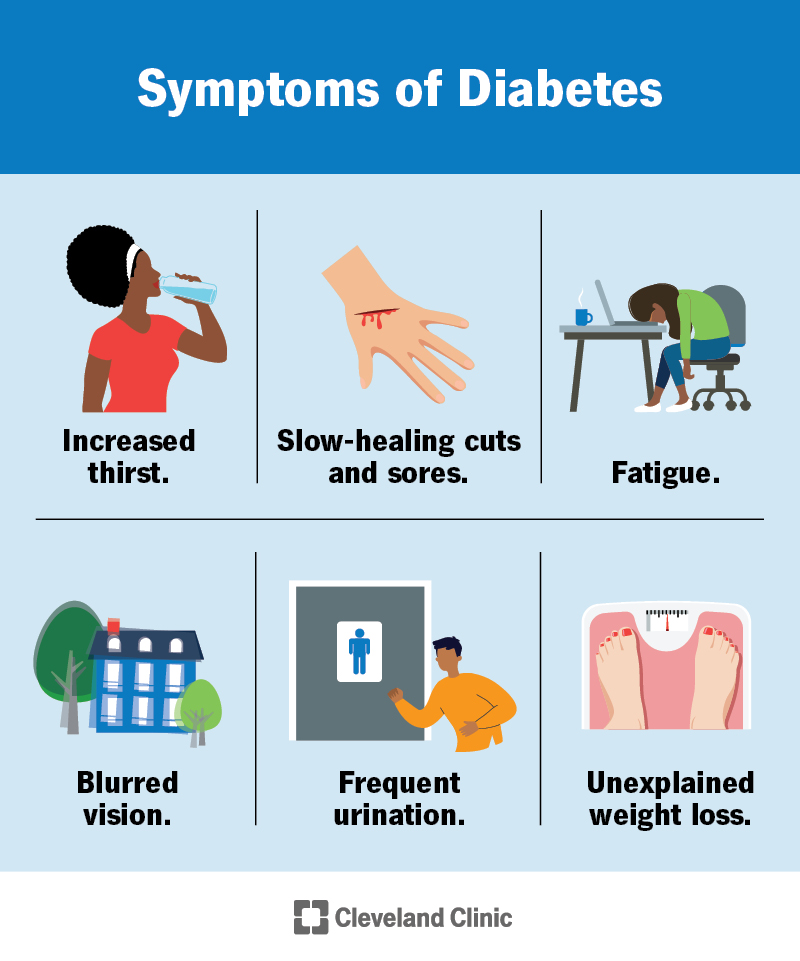Shop At Haya: Your Ultimate Shopping Guide
Discover the best shopping tips, trends, and deals for a smarter buying experience.
Sugar Rush or Sugar Crash?
Discover whether your sweet cravings lead to a sugar rush or a crash! Uncover the truth behind sugar's effects on your body and mind.
Understanding the Science Behind the Sugar Rush: How Sugars Affect Your Body
Understanding the science behind the sugar rush requires looking at how sugars interact with the body. When you consume sugar, it quickly enters your bloodstream, leading to a surge in blood glucose levels. This spike triggers the pancreas to release insulin, a hormone crucial for regulating blood sugar. Over time, continuous consumption of high-sugar foods can lead to insulin resistance, causing the body to require more insulin to manage glucose levels. This cycle can contribute to various health issues, including obesity, type 2 diabetes, and metabolic syndrome.
Moreover, the immediate effects of sugar on the brain create short-lived feelings of energy and euphoria, often referred to as a "sugar rush." This intense stimulation happens because sugar activates the brain's reward system, releasing neurotransmitters like dopamine. However, this rush is typically followed by a "sugar crash," where energy levels plummet, leading to fatigue and irritability. To maintain energy levels and avoid these fluctuations, it's essential to choose complex carbohydrates and fiber-rich foods that provide a more sustained, steady release of energy.

The Aftermath of a Sugar Crash: Signs, Symptoms, and Solutions
A sugar crash occurs when the body experiences a rapid decline in blood sugar levels after a spike caused by excessive sugar intake. The aftermath can be disorienting and uncomfortable, with several signs and symptoms that often go unnoticed. Common indicators include fatigue, irritability, anxiety, and difficulty concentrating. It's essential to recognize these symptoms as they can significantly impact daily life, making tasks feel more challenging and leading to poor decision-making.
Fortunately, there are effective solutions to combat the aftermath of a sugar crash. First, consider implementing a balanced diet rich in complex carbohydrates, proteins, and healthy fats to maintain stable blood sugar levels. Staying hydrated is also crucial, as dehydration can exacerbate feelings of fatigue. Additionally, incorporating regular physical activity can enhance overall energy levels and promote optimal metabolic function. By adopting these strategies, you can help mitigate the effects of a sugar crash and foster a healthier relationship with food.
Is Sugar Really the Enemy? Debunking Myths About Sugar Consumption
For decades, sugar has been vilified as the primary culprit behind a range of health issues, from obesity to diabetes. However, recent studies suggest that the narrative around sugar may be overly simplistic. Sugar does not necessarily lead to weight gain or health problems on its own; rather, it is the overall diet and lifestyle choices that play crucial roles. It's important to distinguish between added sugars found in processed foods and naturally occurring sugars in fruits and vegetables. While moderation is key, the fear surrounding sugar consumption often overlooks the context of a balanced diet.
Moreover, myths surrounding sugar can create confusion and lead to unnecessary dietary restrictions. For instance, the misconception that all sugars are harmful ignores the role of carbohydrates as the body's main energy source. In fact, many health experts advocate for a mindful approach to eating that includes understanding food labels and making informed choices. By debunking myths about sugar consumption, individuals can adopt healthier patterns that do not demonize specific nutrients but promote an overall nutritious lifestyle.